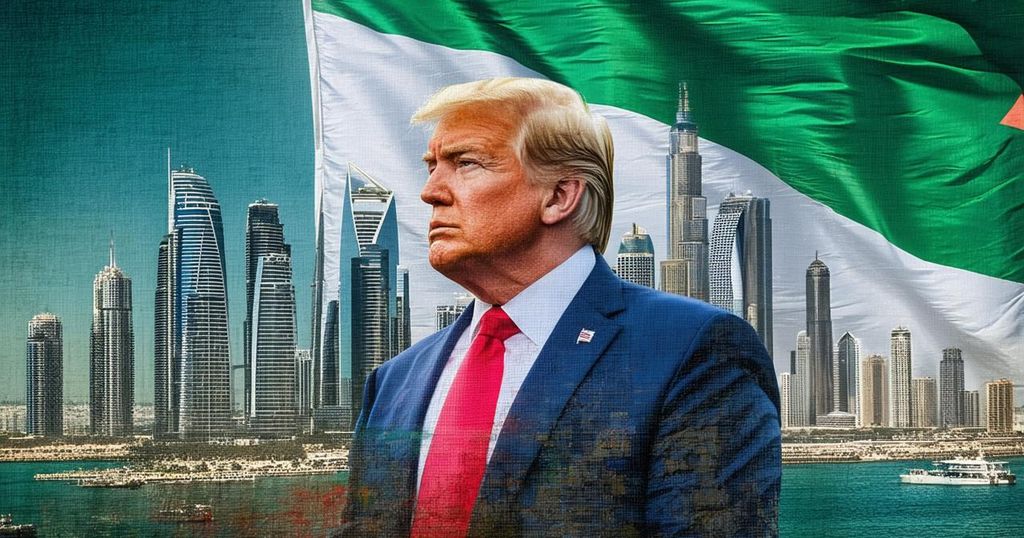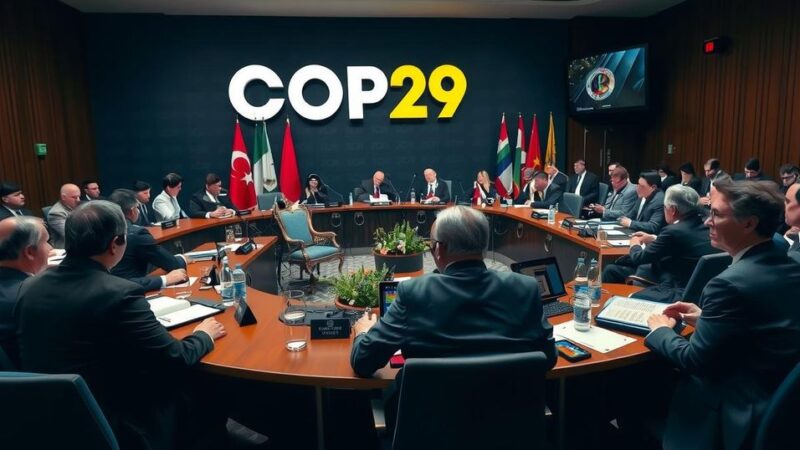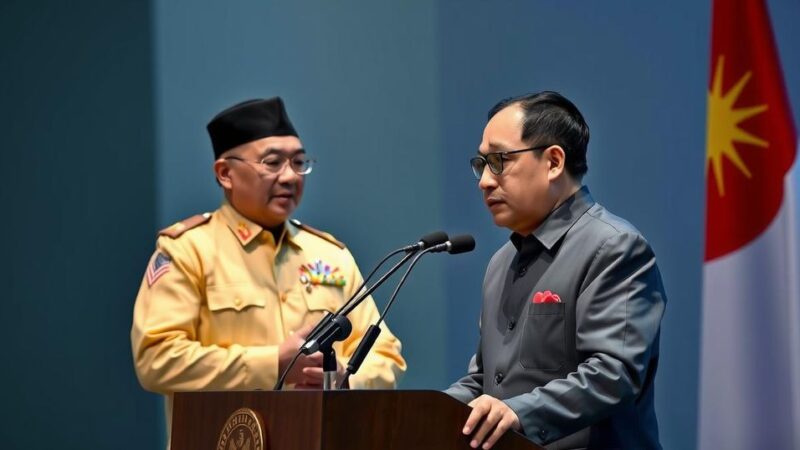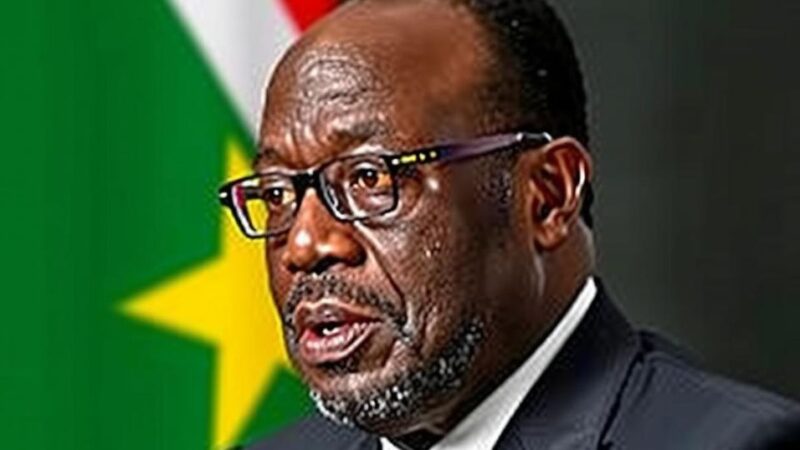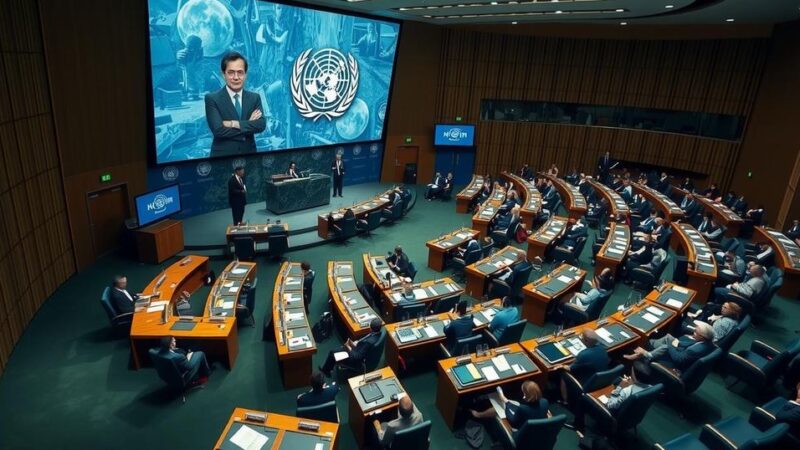Saudi Arabia and the UAE are expected to back Donald Trump in the upcoming U.S. elections. These Gulf states perceive that Trump’s return could offer stability and support for their regional ambitions, particularly against their strategic adversities, primarily Iran. In contrast, they may view Vice President Kamala Harris’s potential policies as detrimental to their interests, particularly concerning U.S. military involvement and diplomatic relations with Tehran.
The Gulf States, particularly Saudi Arabia and the United Arab Emirates (UAE), are positioning themselves to support former President Donald Trump in the upcoming U.S. election due to their strategic interests amid ongoing regional instability. The current conflict involving Israel and Hamas has heightened concerns in the Gulf, which may lead these nations to prefer Trump over the Democratic nominee, Vice President Kamala Harris. Harris’s anticipated diplomatic approaches may conflict with the Gulf states’ ambitions, particularly her intent to engage more vigorously with Iran and take a stringent stance on Middle Eastern conflicts that involve Saudi Arabia and the UAE. Under Trump’s previous administration, the Gulf countries experienced unparalleled U.S. backing, including arms deals and a strong stance against Iran, which they perceive as a major threat. Trump’s transactional diplomatic style allowed these nations to expand their military power and influence in the region without interference. In contrast, Harris may reinstate more cautious diplomatic methods reminiscent of the Obama era, potentially limiting military commitments and scrutinizing arms sales, particularly in light of humanitarian concerns in Yemen. The Gulf States are also motivated by ambitions for military advancements, including Saudi Arabia’s interest in a civilian nuclear program and defense agreements. There is apprehension regarding any potential return to the Iran nuclear deal under Harris’s leadership, which could embolden Iran’s regional influence and complicate the security landscape for Saudi Arabia and the UAE. Moreover, the UAE’s successful signing of the Abraham Accords under Trump is seen as a foundation for further economic and military cooperation with Israel. Should Trump regain the presidency, Abu Dhabi anticipates a continuation of favorable diplomatic conditions that would bolster its regional standing and strategic goals. Conclusively, while both Saudi Arabia and the UAE may have pragmatic reasons for preferring Trump, this preference could also exacerbate rivalry between the two states as they seek to secure the closest ties with Washington. Ultimately, their choice reflects a broader desire for policies that enhance their geopolitical ambitions and ensure continued U.S. support in a tumultuous region.
The backdrop of this analysis revolves around the evolving dynamics between the Gulf States and U.S. foreign policy. The recent escalation of conflicts, particularly the Israel-Hamas war, has created a tense environment for Saudi Arabia and the UAE. This situation is further complicated by the negotiations surrounding Iran’s nuclear program and ongoing proxy conflicts in the Middle East, such as those in Yemen and Sudan. The Gulf States have long viewed the U.S. as a critical ally in maintaining their security and advancing their strategic interests.
In summary, the Gulf States are likely to favor Donald Trump’s return to the White House due to his historical alignment with their regional interests and provision of unfettered support during his previous term. In contrast, Vice President Kamala Harris’s anticipated policy directions may not align with the Gulf nations’ ambitions, particularly regarding Iran and military support. This dichotomy illustrates the complex interplay between U.S. elections and Middle Eastern geopolitics, where regional powers like Saudi Arabia and the UAE seek to optimize their strategic benefits.
Original Source: foreignpolicy.com
